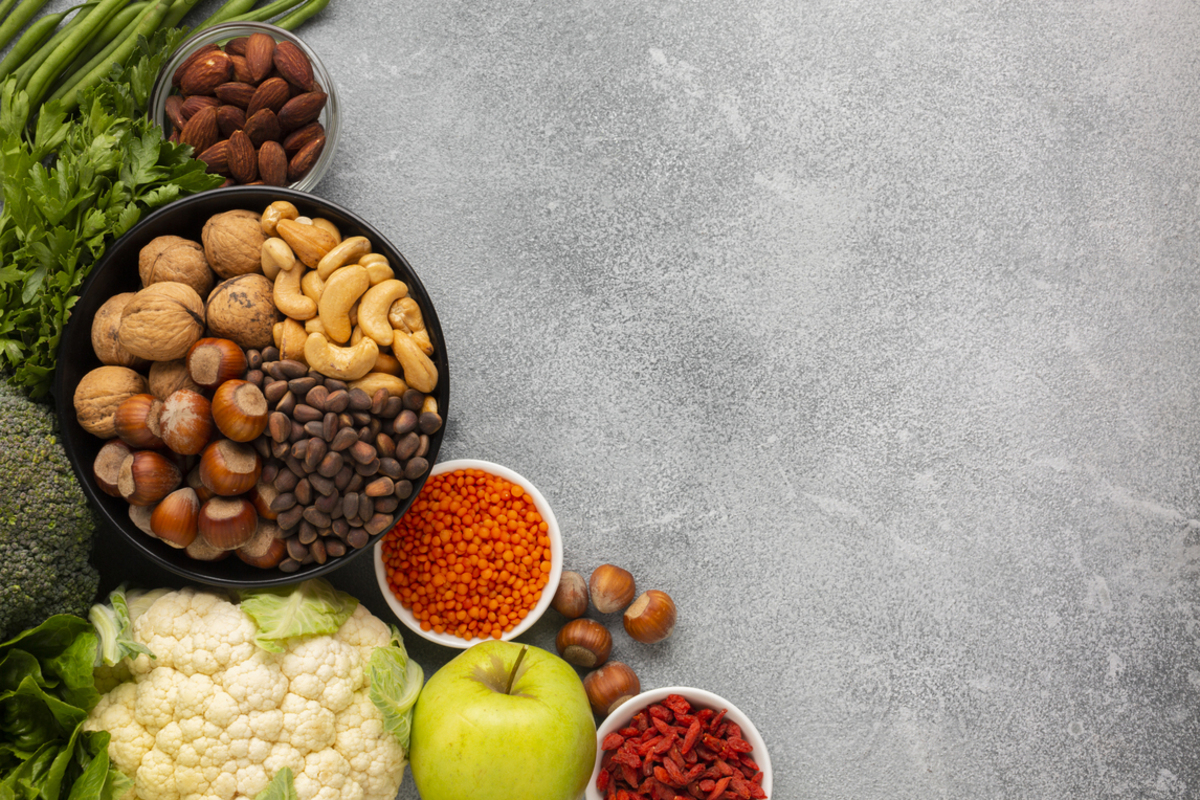Nearly two billion adults across the globe are overweight, with more than 650 million falling into the "obese" category. Overweight and obesity are on the rise, and that's a problem — one that contributes to cancer, heart disease, diabetes, arthritis, and early death.
If you're one of the many people who really needs to lose weight for better health, you may think you're ushering in a personal era of fitness and wellbeing by starting a weight loss plan. That may be true, but following a strict diet or committing to severely restricting your daily calorie intake can also pose challenges. In particular, not everyone on a weight loss diet gets the vitamins and minerals their bodies need.

How weight loss diets may leave you starved for nutrients
Your chosen weight loss plan may do what it says on the tin and help you shed your extra pounds — but does it also meet your nutritional needs? Maybe not. Research into this important topic has revealed that:
- High-fat, low-carb diets — which are quite popular right now, with the Atkins diet being one example — may leave you in a position where you don't get enough A, E, or B6. You may lack potassium, iron, calcium, magnesium, folate, and thiamin, too.
- Moderate-fat diets that focus on so-called "balanced nutrient reduction", like Weight Watchers, may also lack iron, magnesium, and calcium, as well as B12 and zinc.
- Very low-fat diets, meanwhile, often leave people without the zinc, vitamin E, and B12 that they need.
How to avoid falling into the nutritional-deficiency trap and still lose weight
The American Academy of Family Physicians points out that many Americans get more than enough calories, but all too often through foods low in micronutrients — vitamins and minerals. Stuff like donuts, cinnamon buns, fries, and pizza really add to your daily caloric total without coming even close to meeting your nutritional needs. If this is the kind of eating pattern that led you to weight loss efforts in the first place, there's actually plenty of good news.
Healthy and sustainable weight loss isn't a quick fix, but a lifestyle overhaul. And that means being intentional about the foods you choose to eat — including by looking at the nutrients they offer. The study that revealed how popular diets can leave "losers" low on essential nutrients used data from a popular nutrition-tracking app, CRON-O-Meter, to get its results. This is, incidentally, also the app I use to track my food intake. I know, from experience, that you get a good picture of your "nutritional targets" (the vitamins and minerals you need to be healthy) if you religiously enter all the foods you eat into this app. (Tons of other apps most likely do the exact same thing!)
If you want your diet plan to be about weight loss, but also about optimal health, it's a good idea to sign up for something like this so you can find out what nutrients you're consistently getting enough of, and which ones you need to make more effort to include. In general, adding more variety into your diet will also help you get those vitamins and minerals more easily. For instance:
- If you find out you're not getting enough calcium, try adding more dairy, sardines, broccoli, and leafy greens to your diet.
- Folks who are low on potassium can do with some more bananas, nuts, spinach, fish, or raisins.
- If magnesium is a problem, try black beans, peas, almonds, and spinach again.
- For more vitamin A, enjoy some carrots, eggs, milk, or cantaloupe.
- Vitamin E can be found in avocados, whole grains, nuts, seeds, and leafy greens.
How to meet your nutritional needs and still lose weight if you have additional medical concerns
If you have any health concerns at all and think you'd benefit from an expert opinion on making the best out of your diet, don't hesitate to make an appointment with your family doctor. That's one of the things they're there for!
You can also ask your doctor about taking nutritional supplements if you're following a (doctor-approved) very-low calorie diet for morbidly obese people. Supplements are not a substitute for a healthy diet, and most people should make efforts to get the nutrients they need from their foods, but there are exceptions.
- Photo courtesy of SteadyHealth


Your thoughts on this